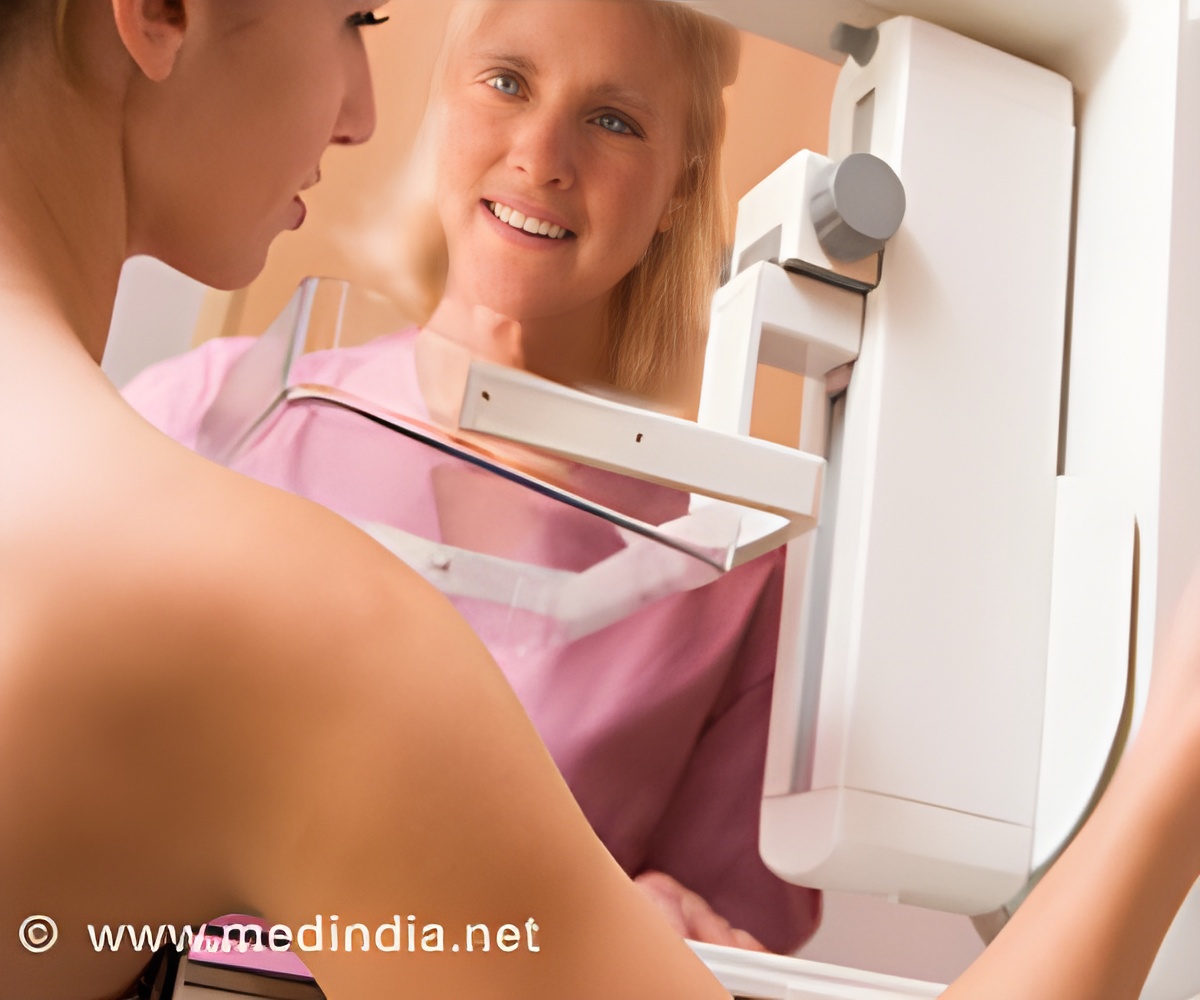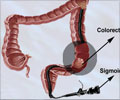Colorectal and Breast cancer screening should be targeted towards patients with a life expectancy greater than 10 years.

The authors stress that their results "should not be used to deny screening for patients with limited life expectancy" but "should inform decision making which aims to account for patient preferences and values while maximising benefits and minimising risks."
Guidelines recommend screening healthy older patients because complications from screening can harm patients immediately while the benefits of screening are not seen for many years.
What still remains unclear, however, is how long a patient needs to live to benefit from cancer screening. Previous trials have focused on the size of benefit rather than when those benefits occur.
Researchers from the University of California in San Francisco therefore analysed the results of five breast and four colorectal cancer screening trials focusing on patients aged over 50.
Their goal was to estimate the time-lag to benefit (the time between screening and when the benefits of screening are seen) to determine whether an individual patient is likely to benefit from screening.
Advertisement
Results showed that at five years, an average 2.8 colorectal cancer deaths were prevented for every 10,000 people screened. This benefit steadily increased with longer follow-up, reaching 23 colorectal cancer deaths prevented for every 10,000 people screened at 15 years.
Advertisement
For breast cancer, at five years an average of 5.1 deaths were prevented for every 10,000 women screened. By 15 years, this mortality benefit had increased to 19 breast cancer deaths prevented for every 10,000 women screened.
In absolute terms, it took an average of three years to prevent one breast cancer death for 5.000 women screened and 10.7 years to prevent one death for 1,000 women screened.
However, the researchers say that in both colorectal and breast cancer, approximately one in ten people screened will have a false positive result and many more will be subject to possibly unnecessary treatment.
Based on these results, they suggest that patients with a life expectancy greater than ten years "should be encouraged to undergo colorectal and breast cancer screening" but patients whose life expectancy is 3-5 years "probably should be discouraged from screening since the potential risks likely outweigh the very small probability of benefit."
They conclude that incorporating time lag estimates into screening guidelines "would encourage a more explicit consideration of the risks and benefits of breast and colorectal cancer screening, likely resulting in a more individualised decision making process for the heterogeneous population of older adults."
Source-Eurekalert















